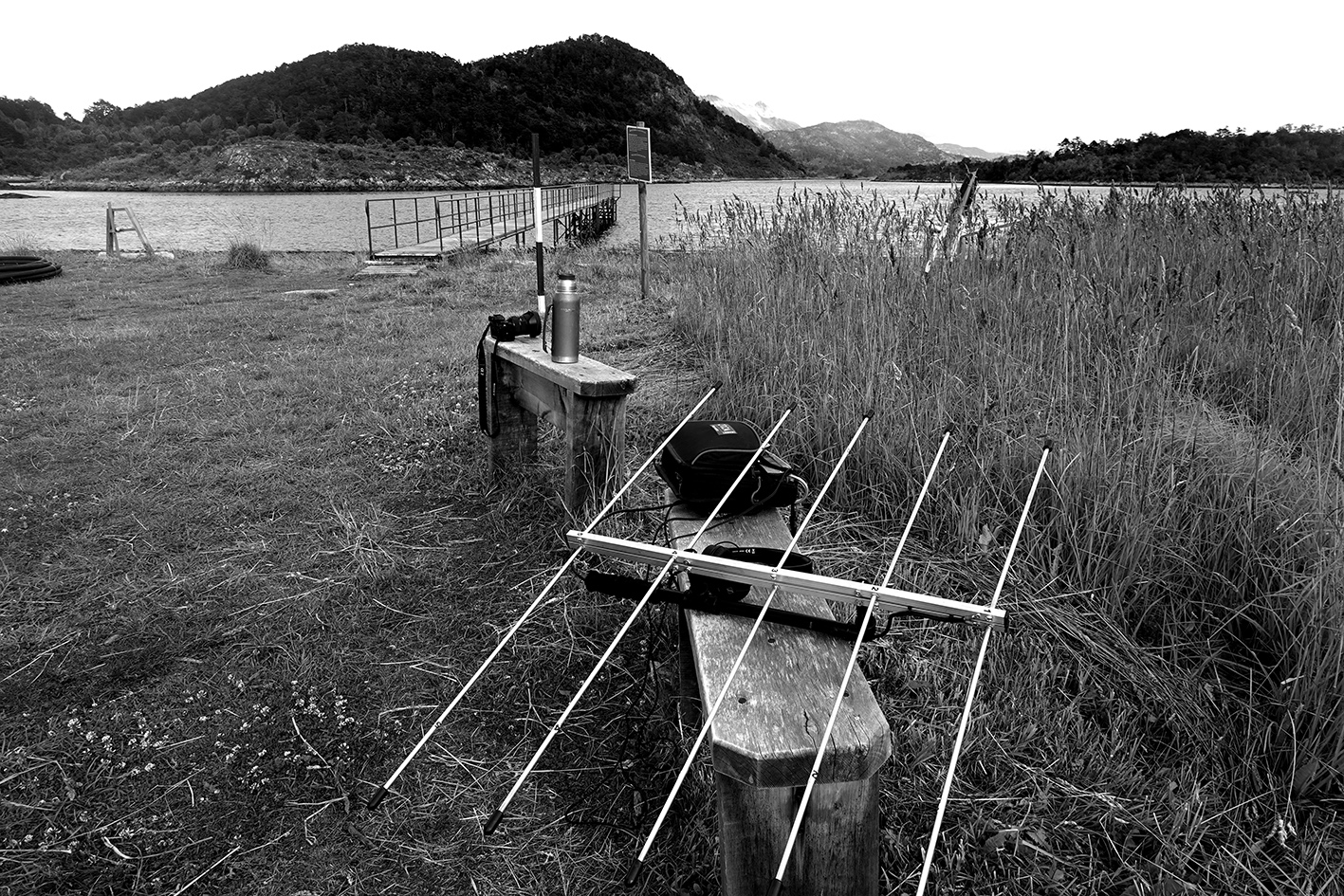> projects / 2026 / caz / Projects / Participants
Cultural Accretion Zone: Rethinking the Settlement of Cape Horn
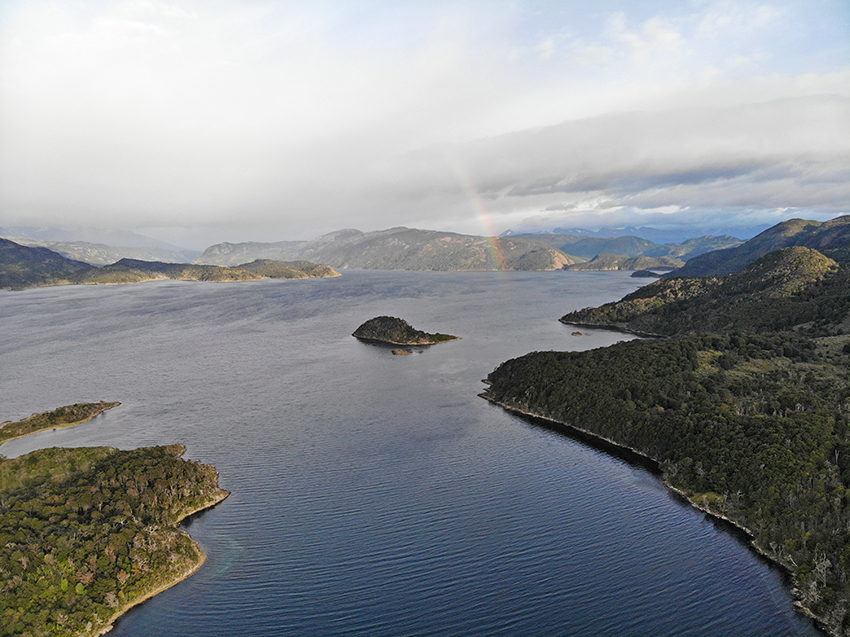
This research proposal is a direct continuation of the project Zona de Contacto Intercultural / Radiales (2019–2025). Building on studies of how canoeist communities have historically inhabited the region—examining their settlement strategies, mobility patterns, and ecological relationships—the project advances the hypothesis that patterns of occupation in the Cape Horn area are more appropriately conceptualized as a megalopolis, that is, a dynamic and fluid urban-like formation, rather than as a strictly nomadic system.
Different methodologies are applied to carefully approach a territory shaped by historical and cultural complexities and rapid transformations, fostering a dialogue between ancestral knowledge, scientific approaches, and artistic practices to understand how these communities inhabited the channels of Cape Horn.
Deep Cartographies: Interactive Vertical Mapping Systems
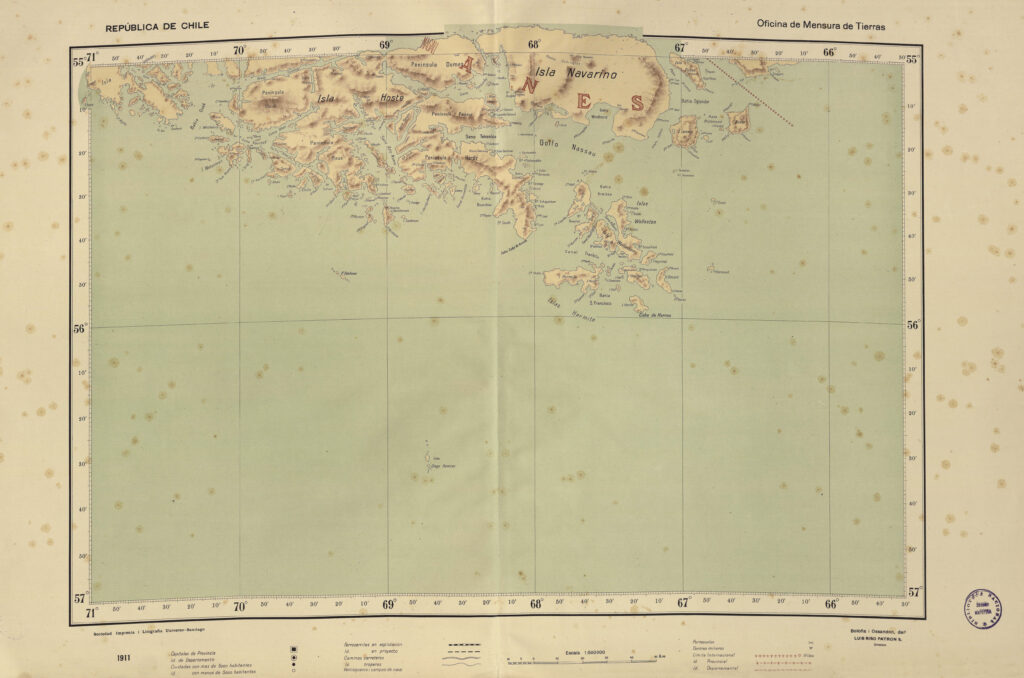
This project proposes to develop a digital interactive cartographic platform designed to archive and provide access to systematized, georeferenced knowledge and data concerning the Yagán territories in the Cape Horn archipelago. The cartography is conceived both as a tool for consultation and collaboration—serving artists, scientists, and the local community—and as a dynamic, evolving outcome that will continuously integrate new research, including archaeological findings, historical records, ecological data and actual developments.
The platform will be participatory and educational, co-created with the community, and installed at key sites such as Ukika, Bahía Mejillones, Wulaia, and the Yagán Usi Museum. A mobile version will allow the public and the community to continuously enrich and update their spatial memory. This approach acknowledges the complexity of the territory, marked by historical and cultural layers and rapid transformations, and seeks to integrate ancestral, scientific, and artistic knowledge to generate a dynamic archive that serves both heritage preservation and reflection on possible futures.
Annan: The Canoe as an Epistemological Vehicle
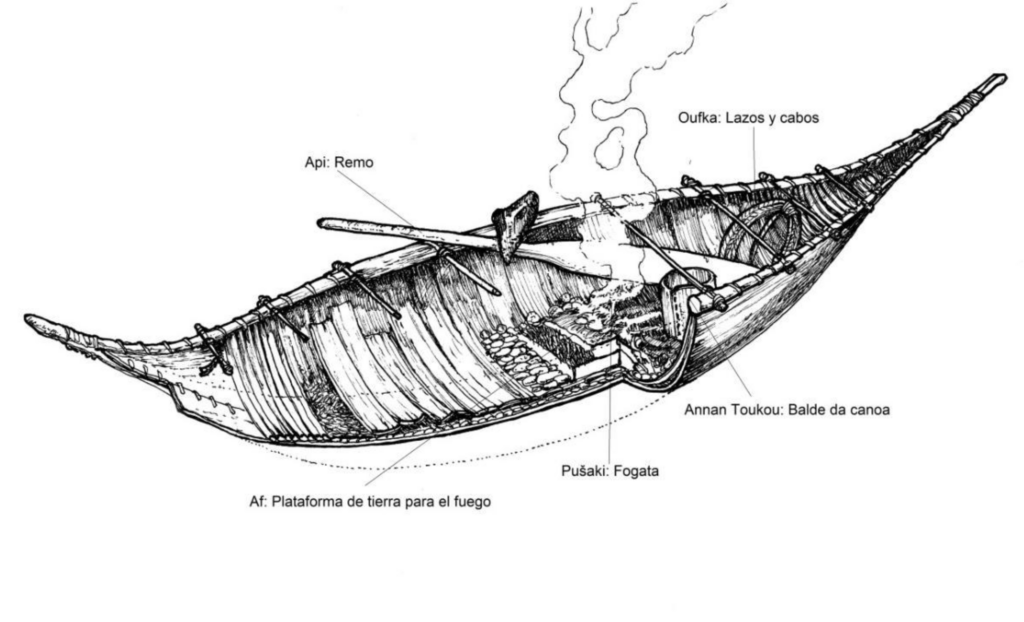
This project proposes the construction of a Yagán canoe—combining ancestral techniques with contemporary practices—as a methodological tool for exploring cultural traditions and forms of knowledge. Conceived not merely as an object, the canoe functions as a site of encounter between different epistemologies, an active organism within the cultural ecosystem that enables investigation of the Yagán relationship with the sea, while also raising critical questions about why a technology sustained for over 7,000 years is now prohibited.
The canoe will be constructed in two phases: a full-scale version in the channels of Cape Horn, using vernacular materials and guided by traditional knowledge; and second, a scaled model developed in the laboratory of UACH, designed for contemporary technical testing. Both approaches allow the exploration of navigation and ancestral maritime knowledge through the canoe’s functionality, understanding heritage conservation not in the object itself, but in the practice of navigation and in the reflection generated through these reconstruction processes.
Whale Refractions: Heritage in the Age of Mammals

Project description is comming soon! >>> Please refer to the old page for information until then.
Environmental Linguistics: Links between Language and Landscape
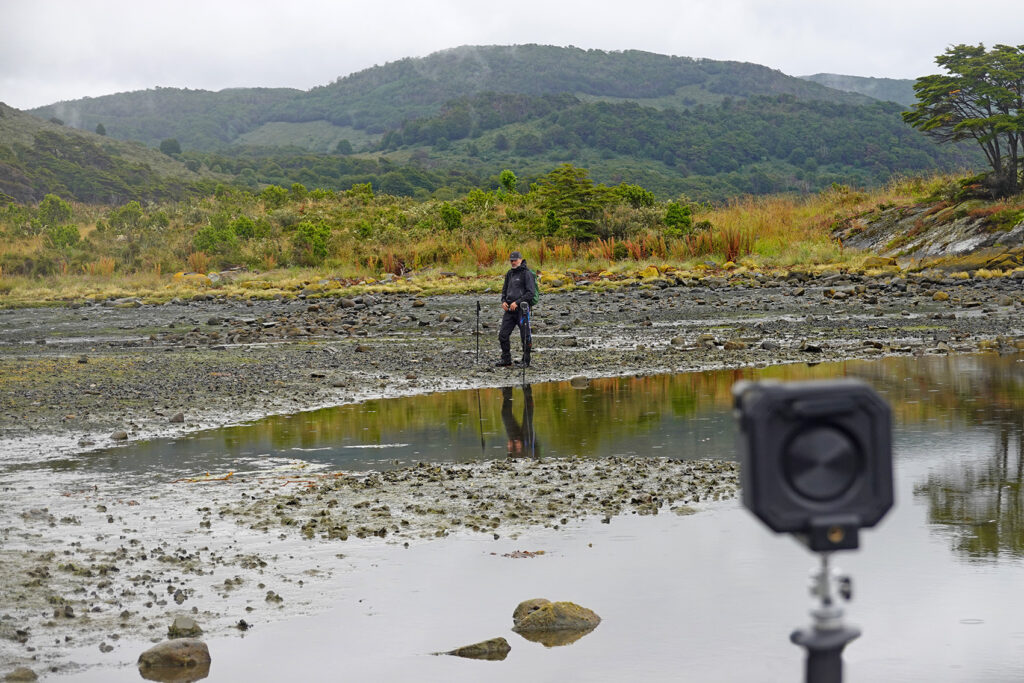
This ongoing project is an investigation of the relationships between language development, landscape and climate. Based on historic phonographic recordings (Gusinde, Koppers, Furlong) we developed an experimental empirical approach that allows us to conduct a systematic comparison of speech propagation and intelligibility in diverse field conditions. In the second research strand, we examined the practical and technical dimensions of historic recording techniques. This included a detailed analysis of the recording and playback characteristics of the wax cylinder phonograph, as well as an investigation into the potential application of AI systems for denoising archival recordings and conducting pattern comparisons.
Based on those findings this study will be extended to the special coastal conditions and context of the archipelago. As suggested by members of the communities, we aim to re-record language patterns in collaboration with contemporary speakers, in particular commands in relation to activities of navigation and communications over water (water to land interactions) and continue and improve the systematic test applications.
Radiales: Transmission as Conservation Technology
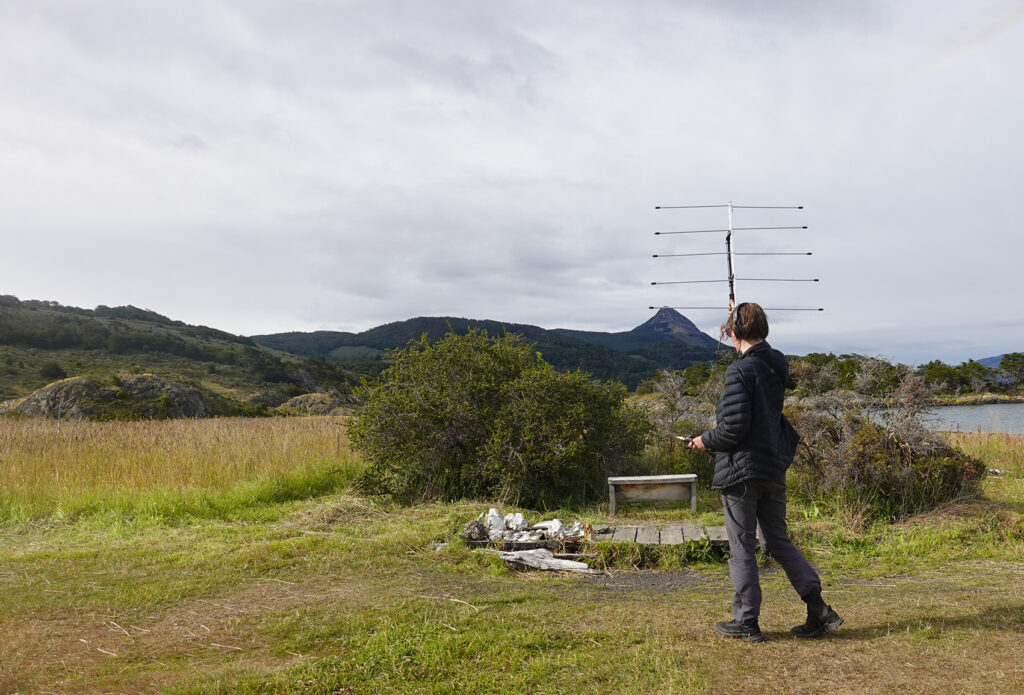
Radiales understands Bahía Wulaia and Seno Ponsonby as a living archive, where landscape, wind, water, and rock record signals of cultural and natural information. The project interprets heritage as a dynamic process of transmission: the place becomes both receiver and transmitter of experiences, knowledge, and memories, able to connect with the community and transcend the physical and temporal limits of the territory.
During this year’s exploration, we will install a radio studio in the former Wulaia station and broadcast a one-hour live program each day. We will continue the research in situ, offering listeners a perspective on different projects while experimenting with the radio format itself. Live transmission is proposed as a methodology: a way to release the research at the very moment it unfolds, opening the possibility for the process to be affected by the resonances and encounters that may arise in the territories it reaches.
Landscape Echoes by Claudia Augustat
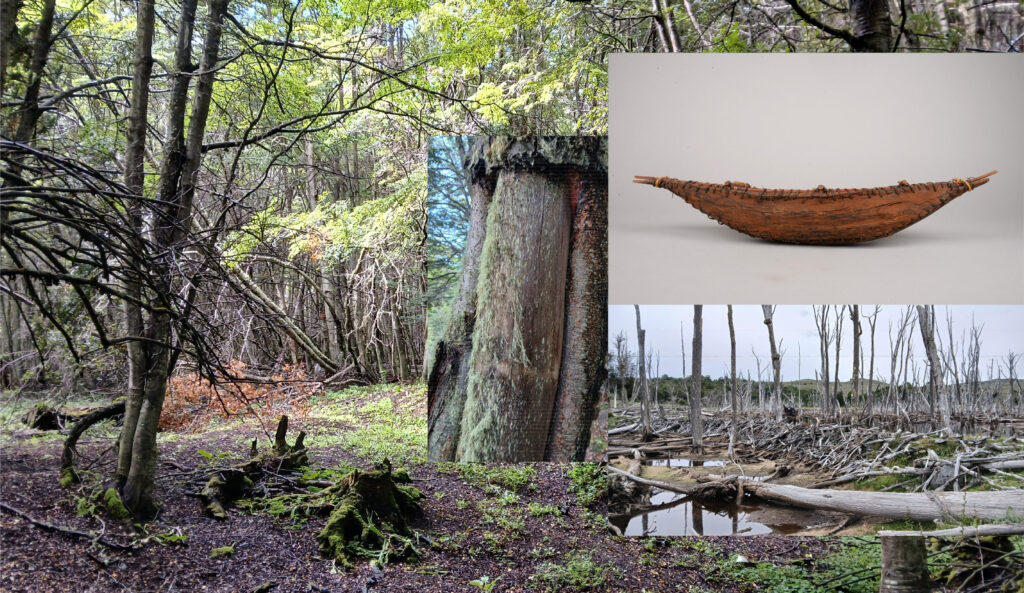
In my project Landscape Echoes I am using landscape as a framework to open new ways for a reconnection between ethnographic objects and their former environment. Objects from the collections of the Weltmuseum Wien, where I am working as the curator for the South American collection, are reconnected with the landscapes they once came from. Asking how these landscapes changed since the objects left them, open a space for new narratives about change, loss and the precarity of the planet.
In the frame of Terra ignota I use this approach and focus on the materiality of the ethnographic objects from the Yaghan collection in our museum. The objects – collected between 1878 and 2008 – are mainly made from organic material: wood, bark, plant fibre or bones and skins and feather. These materials are like echoes from trees, shrubs, grasses, whales and birds. Following the traces of these material back to Isla Navarino connects them with the dynamic archive that this landscape represent. In this way, it is possible to embed the historical objects in the flow of time and to create sometimes unexpected narratives.
The narratives will be documented in an assemblage of text and photography. Short video clips of the shores of streams, swamps, rivers finally flowing into the sea are connecting the different narratives and give voice to the water that is essential for the landscapes of Isla Navarino.
Complexities of the Wind 2026
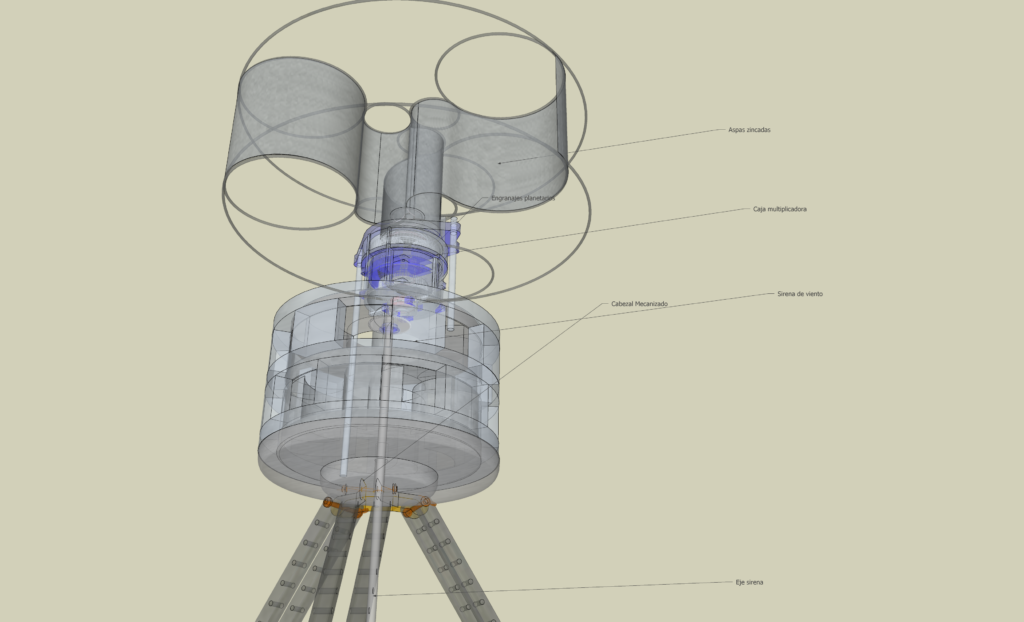
This research aims to attune to the intensities, turbulences, and heterogeneity of moving air masses based in Wulaia/Ponsonby. From this starting point, we seek to generate experiences that allow us to engage with the complexity of the chaotic movements that make up the winds and with how this invisible activity shapes not only the physiognomy of the landscape but also the biological activity inhabiting its surface.
With this purpose, the construction of a device is projected that, through mechanical elements, will make it possible to record, compare, and reflect on the relationship between atmospheric turbulences, ecological discontinuities, and dynamics of human occupation. These records and comparisons will serve to feed back into the design of Telúrica, a prototype installation scheduled for 2026.
Forum: Traces and Encounters II
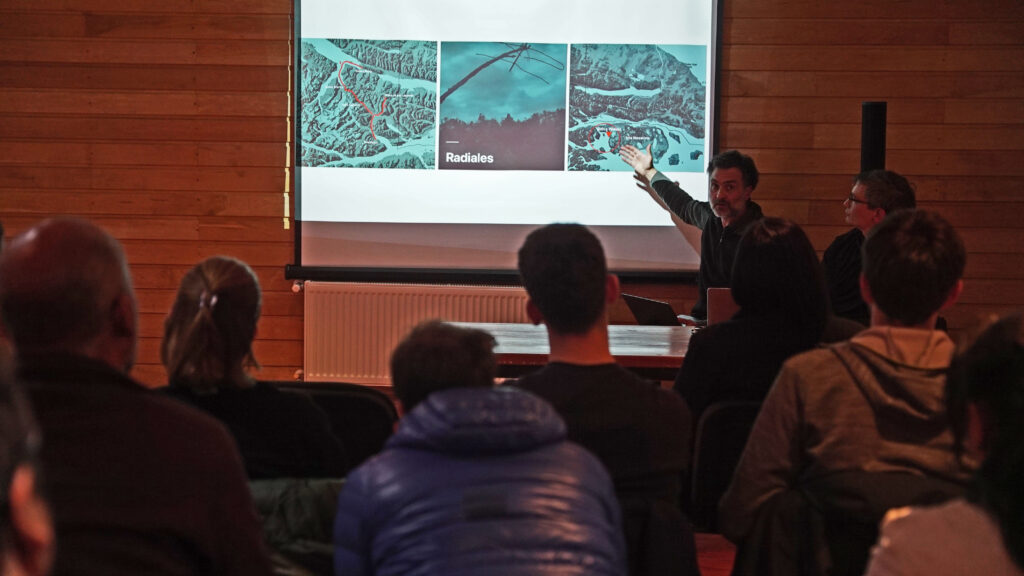
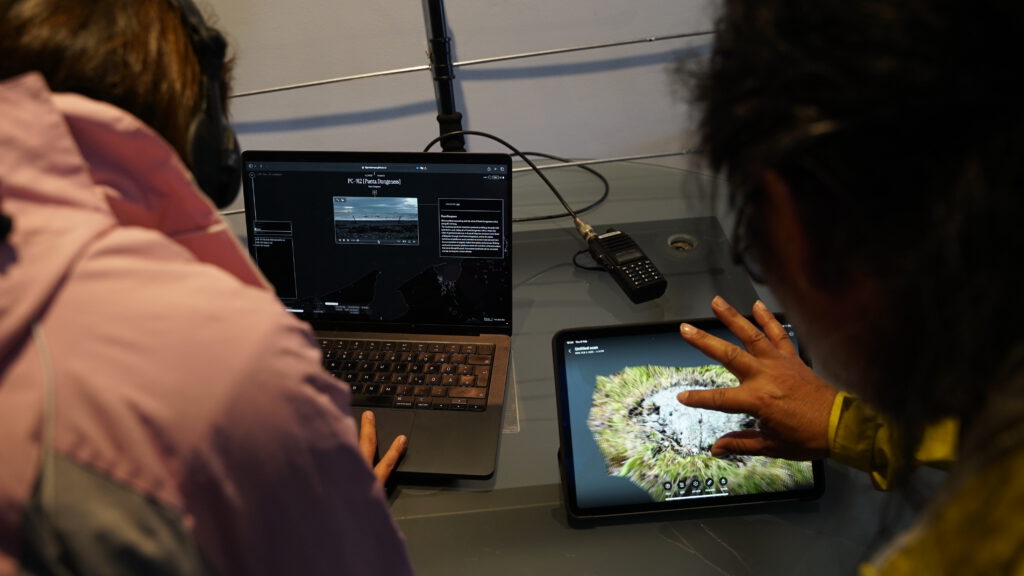
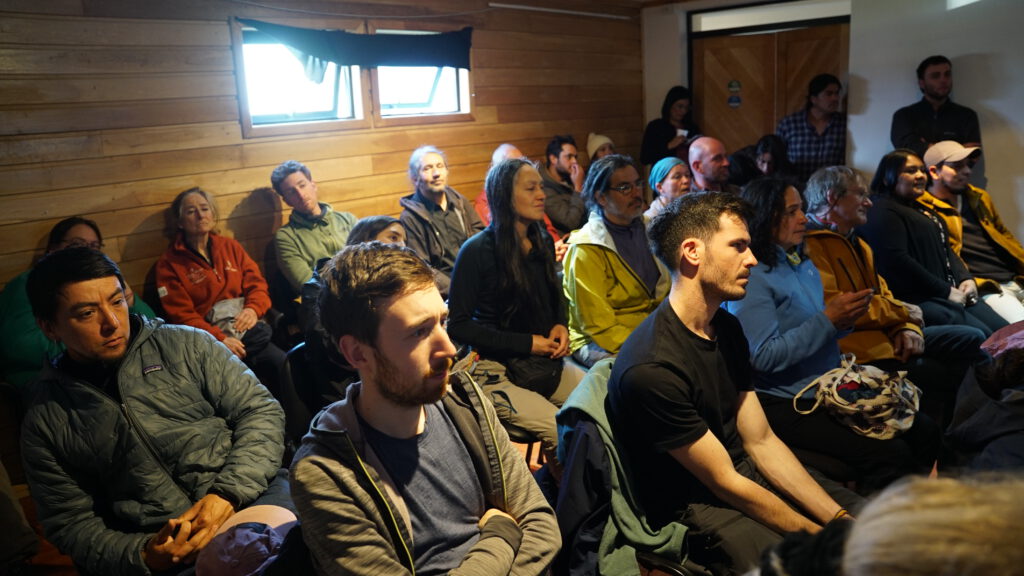
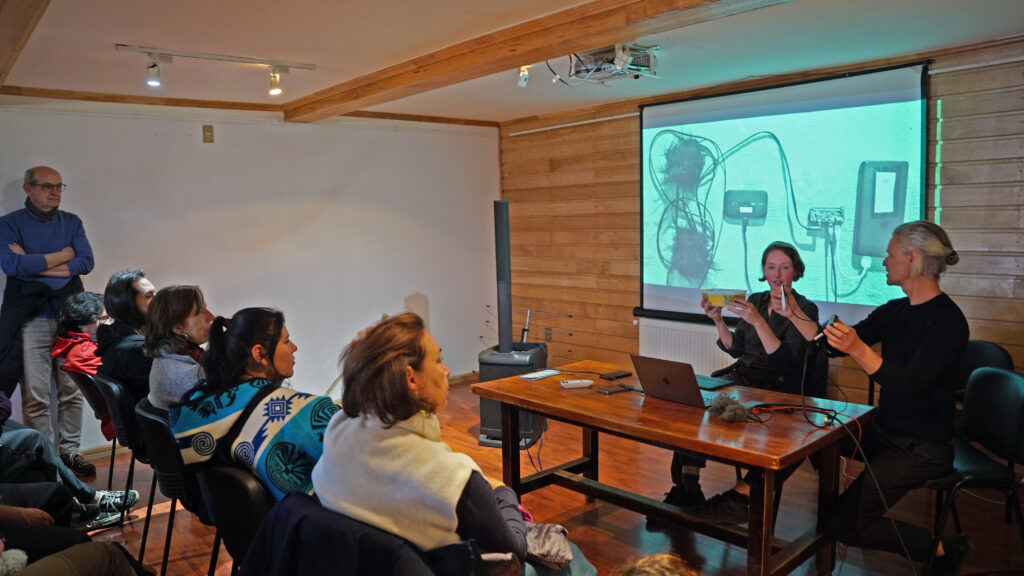
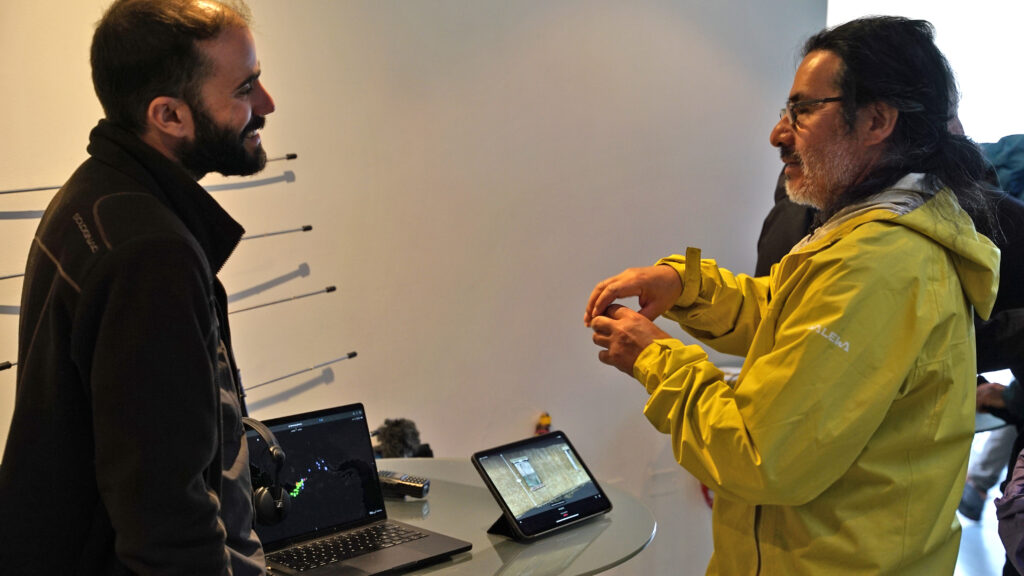
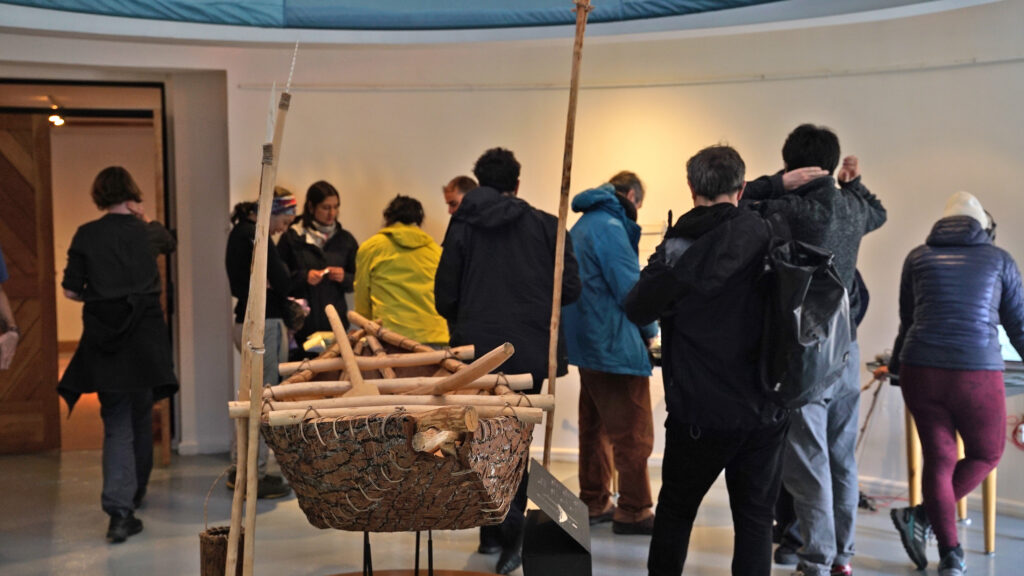
Traces and Encounters II continues the exploration initiated in the first forum (2025), consolidating the dialogue between art, science, and museological practices in Isla Navarino. The project focuses on creating spaces of encounter and resonance, integrating research on natural and cultural heritage with strategies of observation, documentation, and experimentation in the territory.
Through an interdisciplinary approach, knowledge is mediated and co-created with local actors, exploring how landscape, history, and ecosystems influence cultural practices and perception of the environment. The project aims to establish foundations for future research, generating dynamics of transmission and circulation of information that strengthen understanding of heritage as a living, constantly transforming process.
